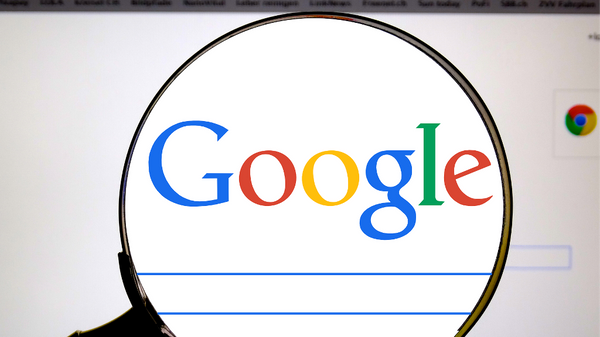"China has been in contact with Google through various channels. Last year, leaders of the nation's important departments had further communication with Google," said Liu Binjie, a standing committee member of the National People's Congress and former head of the General Administration of Press and Publication.
According to Liu, the academic sector will be the first to reconnect. Google Scholar, a search engine for scholarly literature included on Beijing's priority list for re-entry, may become the company's first service to stage a long-awaited comeback.
"China's focus is on [making] academic progress, such as academic exchanges as well as [exchanges in] science and culture, instead of news, information or politics," Liu told the press on the sidelines of China's annual plenary period in Beijing on Friday.
According to the lawmaker, there is a chance that some parts of Google's business could return to China first, gradually followed by others. However, no timetable has yet been set for the grand return.
Facebook, Twitter and other Western social media companies are also blocked in China due to their refusal to acquiesce to government demands to censor information on their platforms. Google has from time to time expressed its desire to re-enter the market.
"China's precept is that it's a must to function in keeping with Chinese language legislation if you wish to enter the Chinese language market," Liu told the South China Morning Post.
"But if [Google] goes by Chinese rules, it would harm its global operation rules and [its image as] a fair, open platform. Some agreements have yet to be reached in this aspect."




